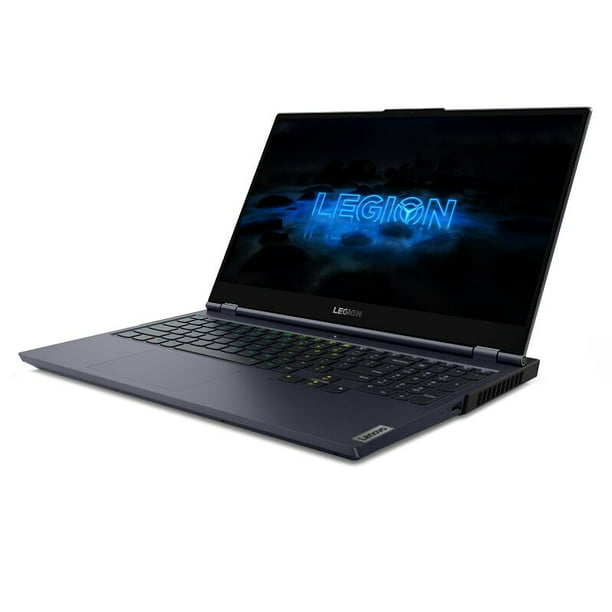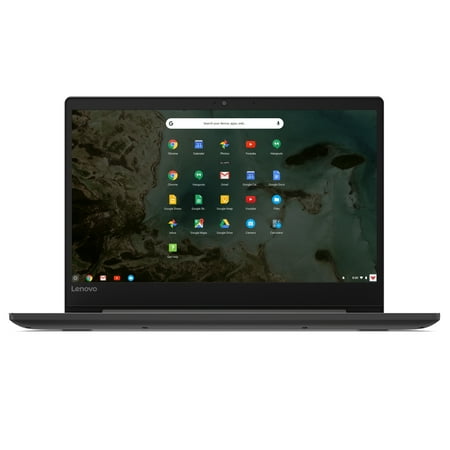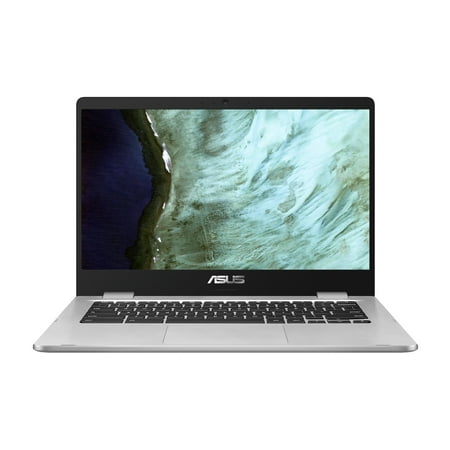ThinkPad X1 Carbon Gen 9 | Business Laptop | Lenovo US
Lenovo ThinkPad X1 Carbon Gen 9 premium business computer. Features a Intel® Evo™ platform, more screen, wider touchpad.
Power & portability in a premium package
- Designed on Intel® Evo™ vPro® platform
- Ultrathin & ultralight redesigned chassis
- A host of new features that add convenience, improved technology
- An impressive 16:10 display
- A wider TouchPad
- A larger battery for more time unplugged
- Rear ventilation to improve efficiency
- A super-responsive laptop that’s ready whenever you need it
Responsiveness reimagined
With the Intel® Evo™ platform, the ThinkPad X1 Carbon Gen 9 laptop delivers a powerhouse combination of performance, responsiveness, battery life, and stunning visuals. With up to 11th Gen Intel® Core™ i7 vPro® processors, you can count on an exceptional experience, anywhere.
Cool under pressure
The new one-bar hinge, dual fan, and rear venting for an improved Intelligent Thermal Solution mean you can put in long hours on the job, and the ThinkPad X1 Carbon Gen 9 laptop will stay as cool as you are.
Security integrated seamlessly
With an updated suite of built-in ThinkShield security solutions, safeguards your ThinkPad X1 Carbon Gen 9 and your data. Biometrics provide an extra-secure fingerprint reader that is standard and is integrated with the power button—so you can log in and boot up instantaneously. Human-presence detection automatically locks your device when you move away, and in combination with the optional IR camera, it enables zero-touch login even from sleep. Plus, choose the PrivacyGuard display panel to ensure wandering eyes can’t see what’s on your screen.
Vibrant visuals easy on the eyes
The Lenovo ThinkPad X1 Carbon Gen 9 features a refined 16:10 display with narrow bezels and a rich, high-resolution screen. Choose the UHD+ panel with Dolby Vision™ to improve your viewing experience. Powerful Intel® Iris™ Xe graphics render amazing picture clarity and color accuracy—whether you’re video-conferencing, browsing, or watching media. Not only is this low-power panel energy efficient, but it’s also TÜV Rheinland-certified for reduced blue-light emissions to promote eye-care health.
Additional information
| Dimensions (H x W x D) | 14.9mm x 314.5mm x 221.6mm / 0.59" x 12.38" x 8.72" |
|---|---|
| Weight | Starting at 2.49 lbs (1.13 kg) |
| What's in the box | ThinkPad X1 Carbon Gen 9 |






by Bon
Overpriced for what you get, but a great laptop nonetheless.
by Scott
The USB port on the left side doesn’t work with my headset, which is odd. Also, the keyboard is making an obnoxious beeping noise sometimes when I type.
by David
Overall, this is a good laptop for an undergraduate Electrical and Computer Engineering Student like me. This laptop is portable to hold and show documents to others. Also, the battery life is crazily long so that I do not need to worry about if a classroom does not have a charger. It’s so quiet while working that doesn’t distract me from my work. The 16:10 aspect ratio screen is perfect for both coding and latex editing. Something I wanna point out is the fans are going a bit loud during Zoom meetings, also this laptop is not for ANY video games.